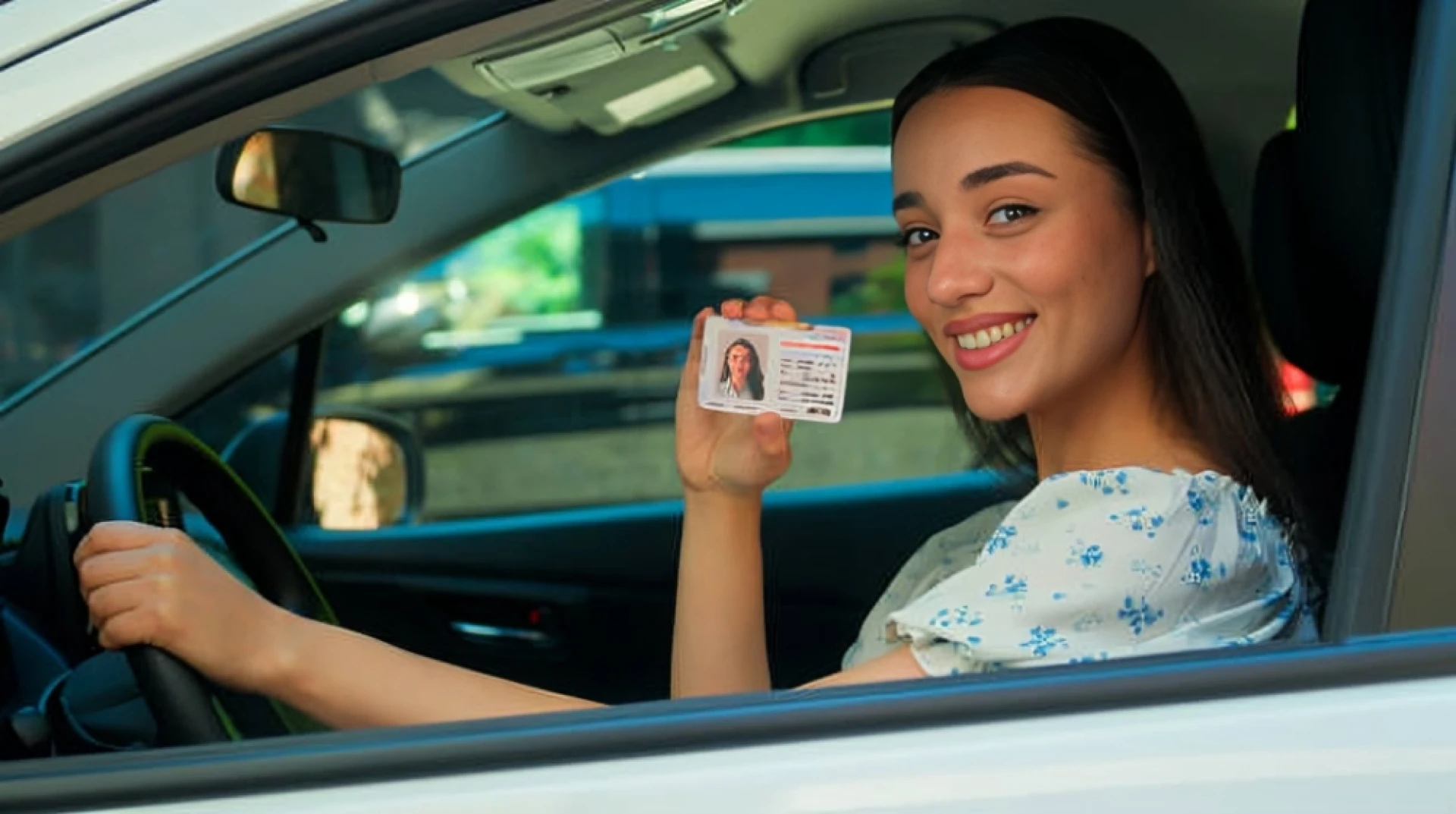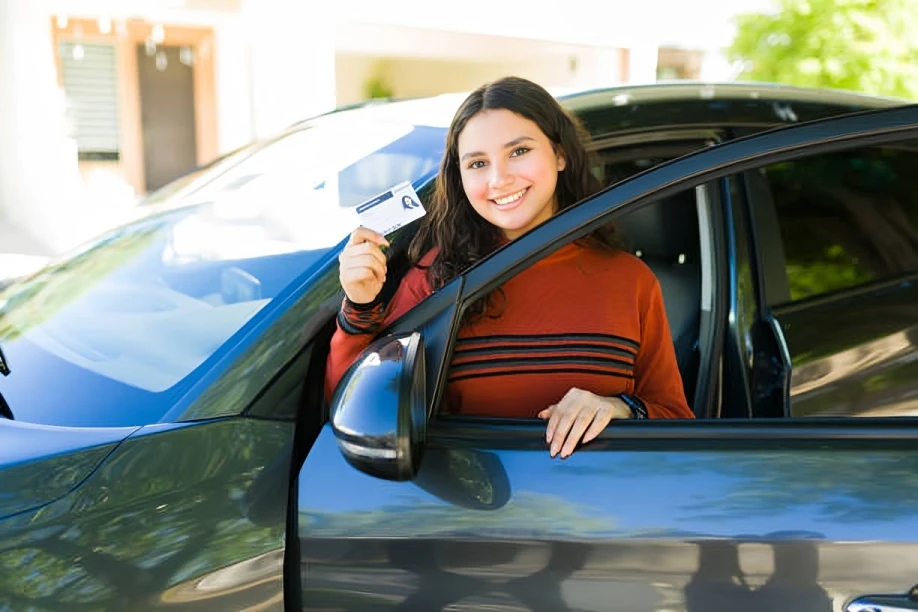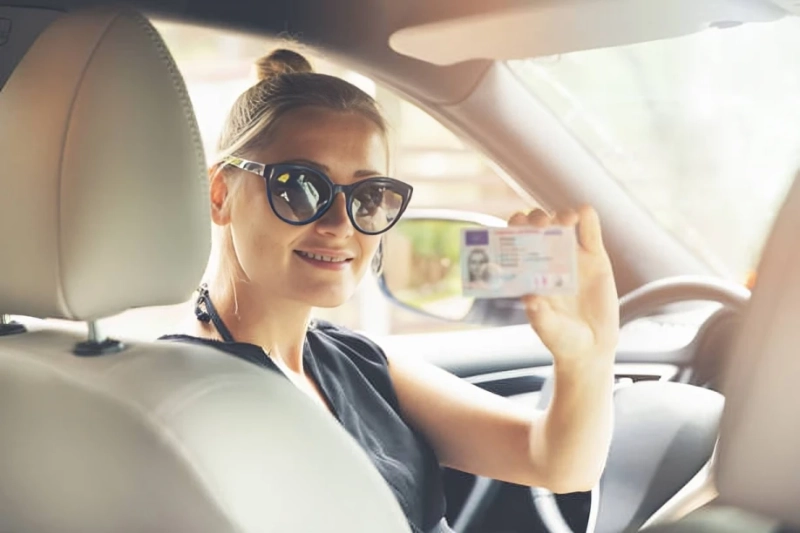Driving through Bolivia offers a thrilling way to explore its unique landscapes—from the salt flats of Uyuni to the lush Amazon basin. But first of all, especially if you are a foreign tourist, you should be aware of the legal obligations before driving. An International Driving Permit (IDP) is among the main paperwork required. This page describes the general guidelines and expectations for the usage of an international driving permit Bolivia recognizes and clarifies what visitors should know to keep compliant with local legislation.
Understanding the International Driving Permit (IDP)
An International Driving Permit converts your original driver's license into various languages, including Spanish—the official language of Bolivia. It lets officials abroad quickly confirm that you have a current license from your own nation. The IDP is not a stand-alone license, though; it should always be carried with your original driver's license.
Usually valid one year from the date of issue, the permit is accepted in more than 150 countries, including Bolivia. Since it cannot be obtained once you are already overseas, travellers should apply for the IDP before leaving their own country.

Is an International Driving Permit Required in Bolivia?
Indeed, foreign nationals who intend to drive within Bolivia must normally hold an international driving permit Bolivia recognizes. This law covers even a few days of hiring an automobile. The Bolivian authorities grasp the fundamental driving rules and view the IDP as evidence of your permission to operate a vehicle.
While enforcement could differ in rural areas, urban places including La Paz, Cochabamba, and Santa Cruz usually require you to show your IDP during regular traffic stops or car rental. Ignoring one could lead to fines, refusal of rental properties, or perhaps legal issues should an accident happen.
Driving in Bolivia: Key Rules to Know
Particularly for those not familiar with the local roads, driving in Bolivia may be an exciting but demanding experience. Apart from having a current international driving license, visitors should be aware of the following broad guidelines and conditions:
Road Conditions and Infrastructure
Although Bolivia's main roads are getting better, many rural, steep paths are still badly kept. Urban roads can be crowded, and signs might not always be clear. One such instance of Bolivia's severe driving circumstances is the renowned North Yungas Road, sometimes referred to as "Death Road."
Driving at night is discouraged, particularly in rural or high-altitude places, because of poor vision, lack of road illumination, and possible wildlife crossings.
Speed Limits and Traffic Laws
Unless otherwise stated, Bolivia's speed limits are usually 50km/h in towns and up to 100km/h on highways. Common and typically paid upon the spot are speeding fines. All passengers must wear a seatbelt; drunk driving is absolutely forbidden and carries heavy fines for violators.
Should one be in a car collision, one should stay at the scene and notify the local authorities. Throughout the inquiry, you might review your foreign driving permit in Bolivia.
Who Can Apply for an International Driving Permit?
An International Driving Permit converts your original driver's license into various languages, including Spanish—the official language of Bolivia. It lets officials abroad quickly confirm that you have a current license from your own nation. The IDP is not a stand-alone license, though; it should always be carried with your original driver's license.
Applying for the permit is crucial well before your vacation. Having the paperwork ready before visiting Bolivia guarantees a better access into the local driving system; some officials could take several days or weeks to handle the application.
Question: Can I drive in Bolivia with only my home country driver’s license?
The answer is most visitors must drive in Bolivia carrying both their home country license and an international driving authorization. The IDP legally translates your license, thereby enabling local police and rental companies to know your credentials. Your native license might not be accepted without an IDP—even if it is written in English or another major language.
Special Considerations for Long-Term Residents
Should your intended stay in Bolivia be prolonged—that is, for business, education, or long-term travel—you might have to act further. Although the international driving permit Bolivia allows is appropriate for short-term guests, residents are sometimes encouraged to apply for a local Bolivian driver's license following a designated stay length, typically 90 days.
You might have to pass a written and practical driving test in Spanish to move to a Bolivian license. Your visa type and length of intended stay will determine the criteria. For current rules relevant to long-term residency, it is advisable to get in touch with Bolivia's local transit office or embassy.

Insurance and Vehicle Requirements
Travelers should always make sure the car they are renting or borrowing from a local friend has correct paperwork and insurance. Before turning over the keys, most rental companies will want to see your foreign driving permit Bolivia officials approve. For security needs, they might also call for a credit card and deposit.
Regarding insurance, one should definitely get thorough coverage. Although law usually incorporates third-party liability, it might not fully cover losses in the case of an accident. Insurance paperwork should always be stored in the car.
Conclusion
Though it comes with responsibilities, driving in Bolivia can be a freeing approach to discover the rich natural beauty and cultural legacy of the nation. One of the most important legal criteria for foreign drivers is having a current valid international driving permit Bolivia recognizes. Without it, you run the danger of being refused entirely of automobile rental services or paying fines.
Always carry your original driver's license together with the IDP, follow local traffic laws, and make sure your car is insured and roadworthy to guarantee a safe and hassle-free travel. Knowing the basic regulations for foreign driving permits in Bolivia will enable you to maximize your South American adventure—safely and legally—regardless of your route—through busy metropolises or isolated Andean towns.


